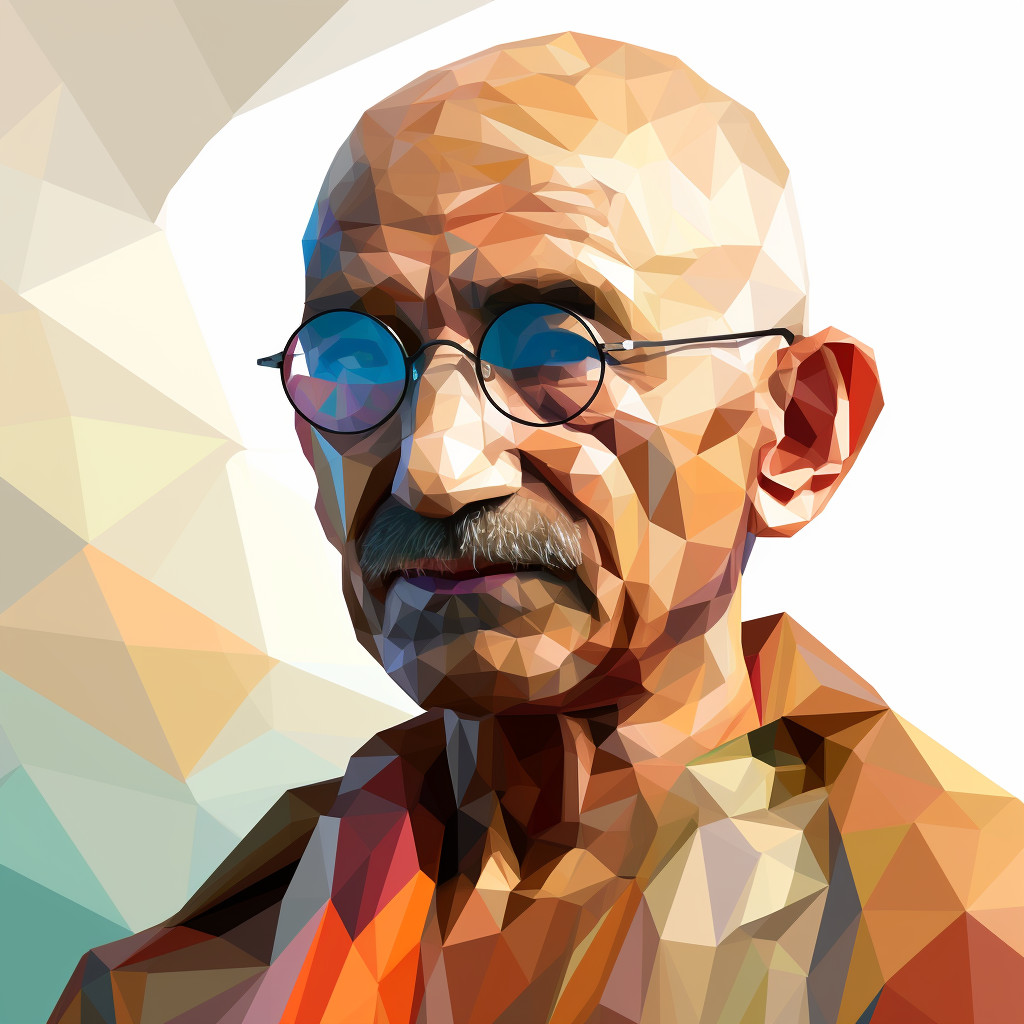This quote implies that someone who adheres to nonviolence has an unwavering faith in a higher power, a “living God.” This faith is not just religious, but also spiritual and philosophical. The belief in nonviolence is a belief in the sanctity of life, respect for others, and the power of love and compassion over hatred and violence. It’s the belief that every conflict can be resolved peacefully, without resorting to physical force or harm.
The phrase “He cannot accept defeat” might seem contradictory at first, as nonviolence often involves surrendering, yielding, or backing down from a fight. However, the defeat referred to here is not a physical or material defeat, but a moral and spiritual one. A person who believes in nonviolence cannot accept the defeat of their principles, their faith in humanity, and their hope for a peaceful resolution. They cannot accept the notion that violence is inevitable or necessary.
In today’s world, this quote can be applied in various ways. On a global scale, it can be seen as a call for diplomacy and peaceful negotiations between nations, instead of resorting to war and violence. It can also be applied in our communities, where conflicts and disputes can be resolved through dialogue, understanding, and mutual respect, rather than aggression or retaliation.
On a personal level, this quote can inspire us to practice patience, tolerance, and forgiveness in our daily lives. It encourages us to respond to anger with kindness, to hatred with love, and to violence with peace. It reminds us that every conflict is an opportunity to grow, to learn, and to strengthen our character and our faith. It also suggests that personal growth and development are not just about achieving success or overcoming obstacles, but also about upholding our values and principles, and staying true to our beliefs, no matter the challenges we face. It’s about being resilient in the face of adversity, and never losing hope or faith in the power of love and peace.










